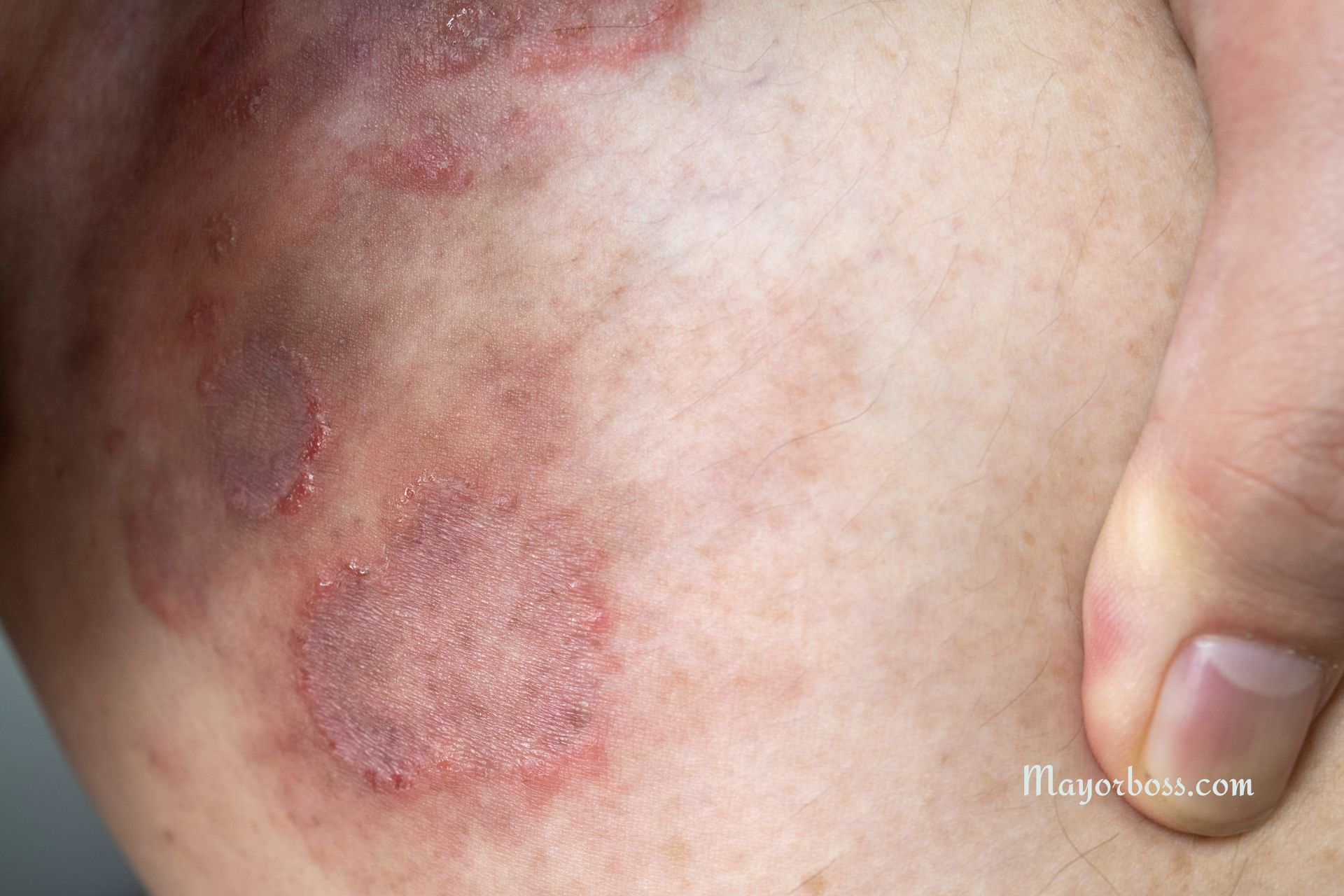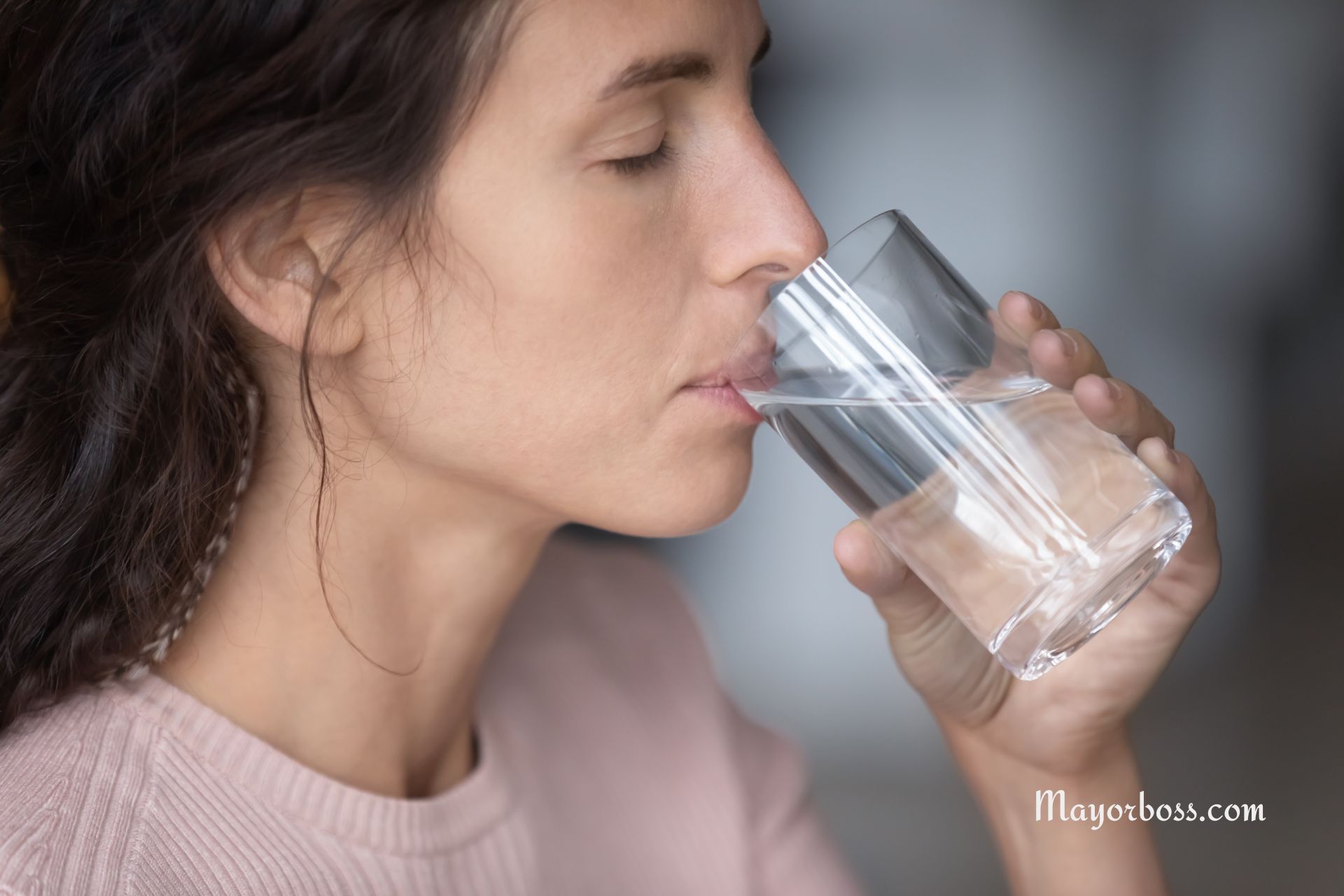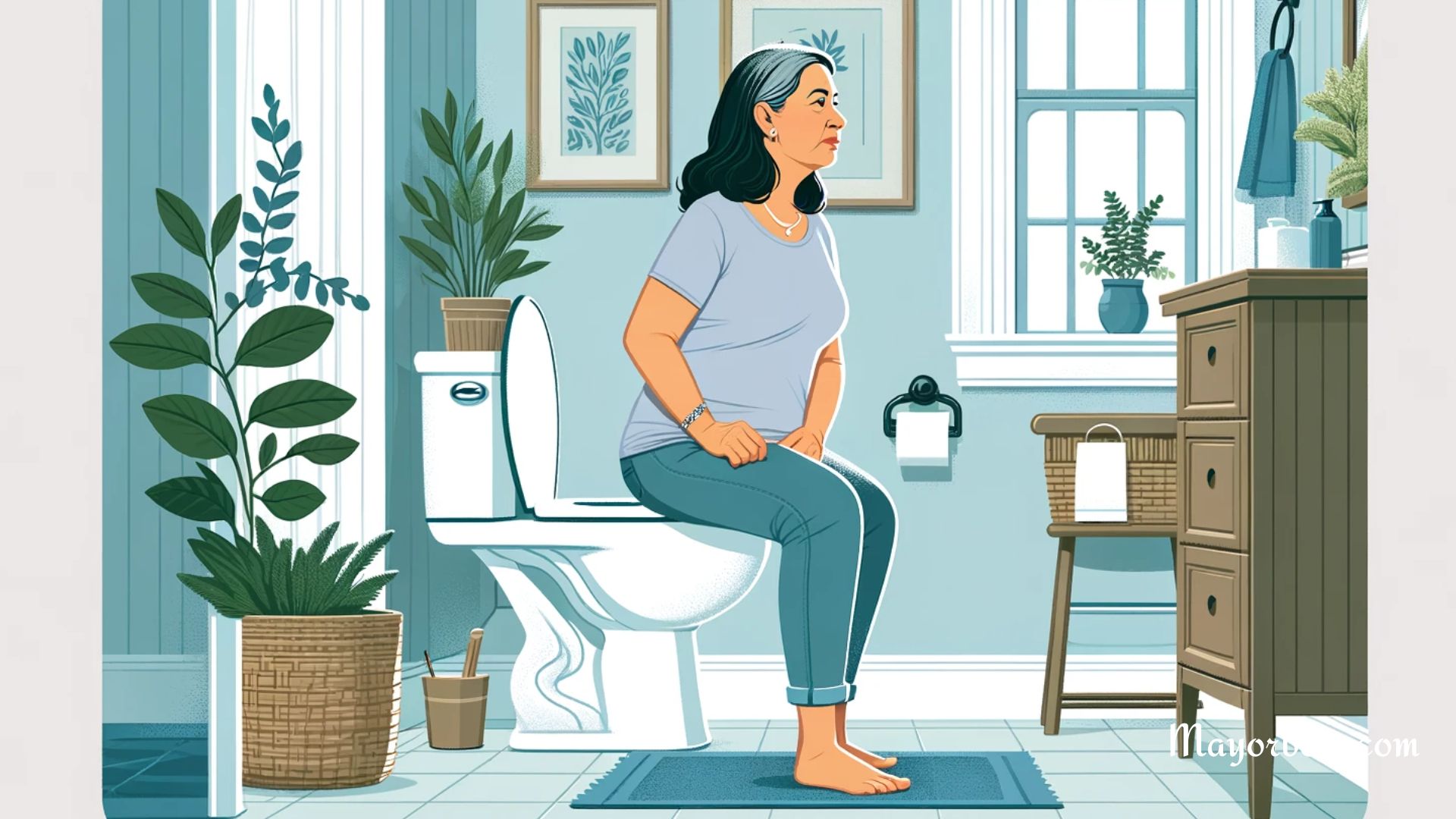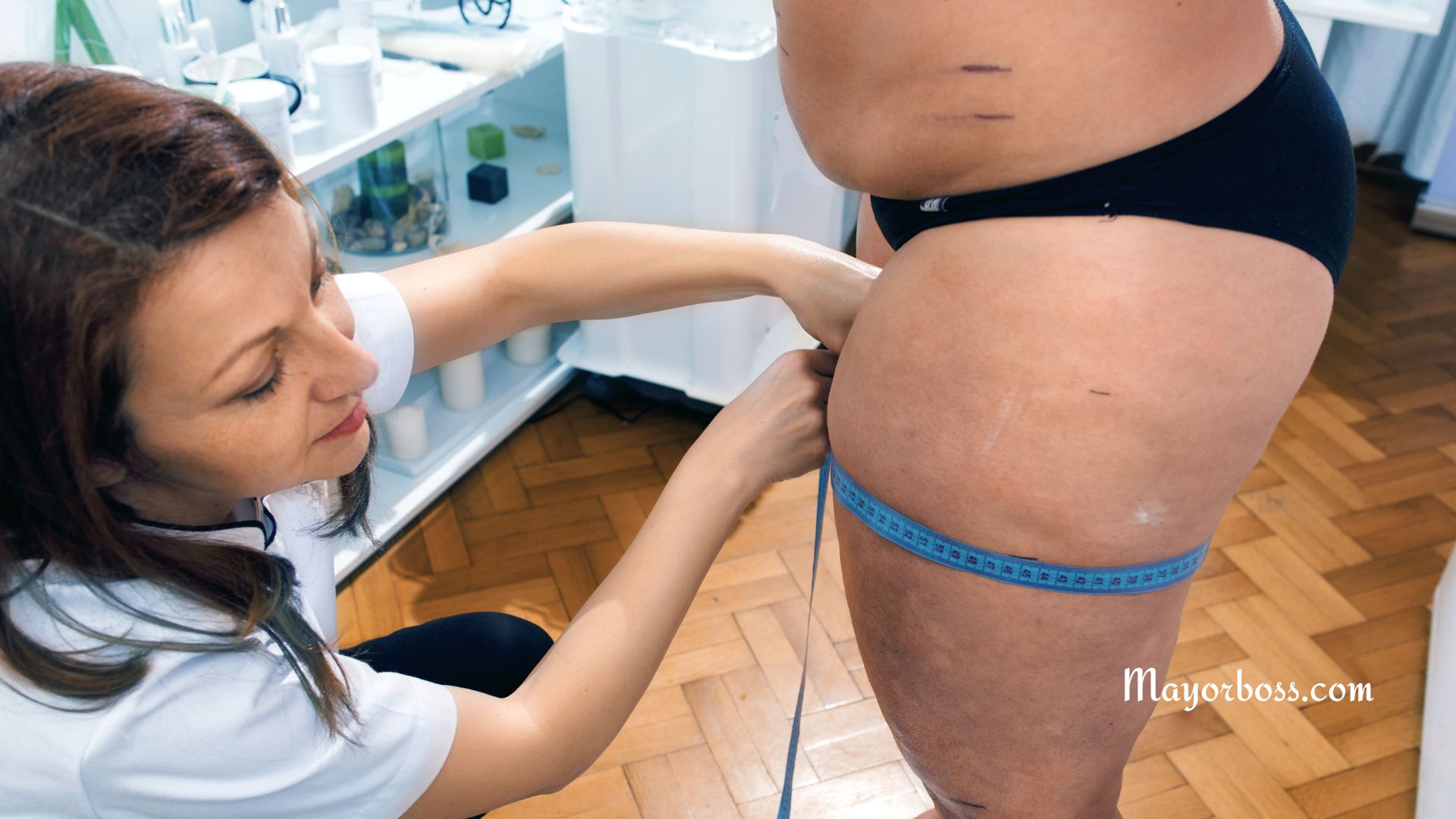6 Signs of Water Retention
Water retention, also known as fluid retention or edema, occurs when excess fluid builds up in your body’s tissues. While a small amount of fluid fluctuation is normal, too much can signal an underlying health concern. Here are six common signs of water retention to watch for:
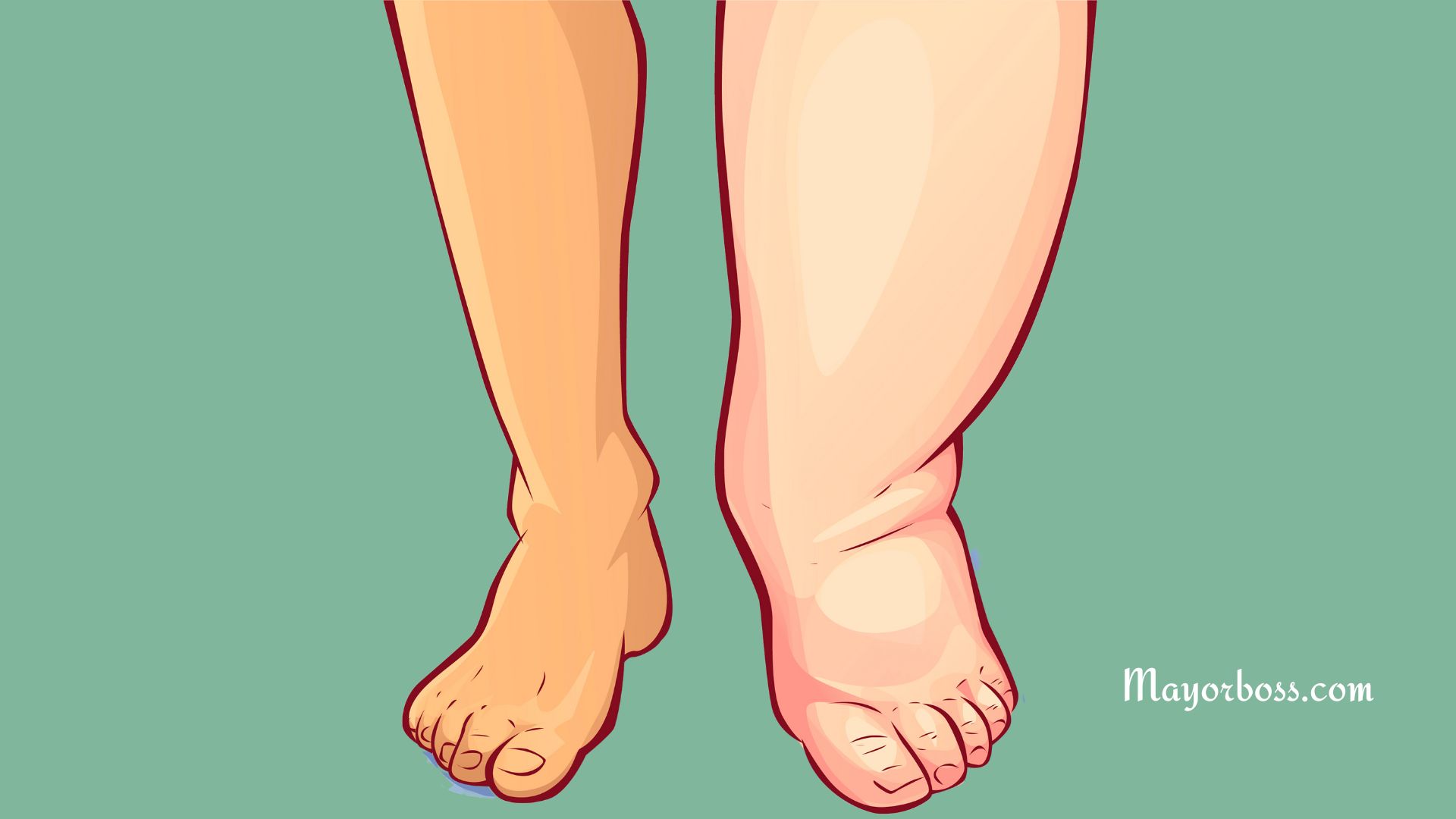
1. Swollen Ankles, Feet, or Legs
One of the most obvious signs of water retention is swelling in the lower parts of the body. You may notice your shoes feel tighter or leave imprints on your skin. This happens because gravity pulls fluid downward, especially if you spend long hours sitting or standing. The swelling may feel soft to the touch and can worsen throughout the day.
People with heart, kidney, or liver problems often experience this kind of swelling. If it happens frequently or comes with other symptoms like shortness of breath or fatigue, seek medical attention.
2. Puffiness in the Face or Hands
Water retention doesn’t just affect the lower body. It can also cause puffiness in the face, especially around the eyes, or swelling in the hands. Rings might feel tight, and your fingers may look or feel bloated. Facial puffiness is often more noticeable in the morning after lying down all night.
Changes in hormones, allergies, or high salt intake may lead to this kind of swelling. It may also occur during pregnancy or before a menstrual period due to shifting hormone levels.
3. Stiff or Achy Joints
If your joints feel stiff or sore without an injury, fluid buildup may be to blame. Retained fluid can increase pressure around the joints, making it harder to move comfortably. This stiffness may be worse after being still for a while, like first thing in the morning or after sitting for long periods.
While joint pain can have many causes, water retention is one to consider, especially if it comes with visible swelling.
4. Sudden Weight Fluctuations
Rapid weight gain over a short period is often caused by water, not fat. If you gain several pounds in just a few days without changing your diet or activity level, fluid retention may be the cause.
This type of weight change usually involves visible swelling, but not always. People with heart failure, kidney disease, or hormone imbalances may notice this sudden shift. Monitoring your weight daily can help detect changes early, especially if you’re managing a chronic condition.
5. Skin That Feels Tight or Looks Shiny
Another sign of fluid buildup is skin that feels tight or stretched or appears glossy. This happens when the tissues under the skin swell with fluid. The skin may also feel tender or heavy. If you press on the swollen area with your finger, you might leave a dent that stays for a few seconds. This is called pitting edema.
This sign usually shows up in the legs, feet, or arms. It can be a clue to problems with circulation, kidney function, or lymphatic drainage.
6. Abdominal Bloating
Water retention can also cause bloating in the abdomen. Your stomach may feel full, heavy, or distended. This bloating might be mistaken for gas or digestive issues, but it can stem from fluid buildup in the abdominal cavity, a condition called ascites.
Ascites often signals a more serious issue, such as liver disease or certain cancers. If bloating is persistent or comes with other symptoms like pain or nausea, talk to your doctor right away.
What Causes Water Retention?
Several factors can trigger water retention. Common causes include:
- High salt intake
- Hormonal changes (such as during menstruation or pregnancy)
- Inactivity or sitting for long periods
- Certain medications (like steroids or blood pressure drugs)
- Medical conditions (heart failure, kidney disease, liver disease, or thyroid issues)
Understanding the basic cause helps guide the right treatment. Mild cases may improve with lifestyle changes, such as reducing sodium, staying active, and elevating swollen limbs. More serious cases require medical care to address the underlying condition.
When to Seek Help
While occasional fluid retention can be normal, ongoing or severe swelling should not be ignored. If you notice these signs regularly, especially with other symptoms like fatigue, shortness of breath, or chest discomfort, speak with a healthcare professional.


